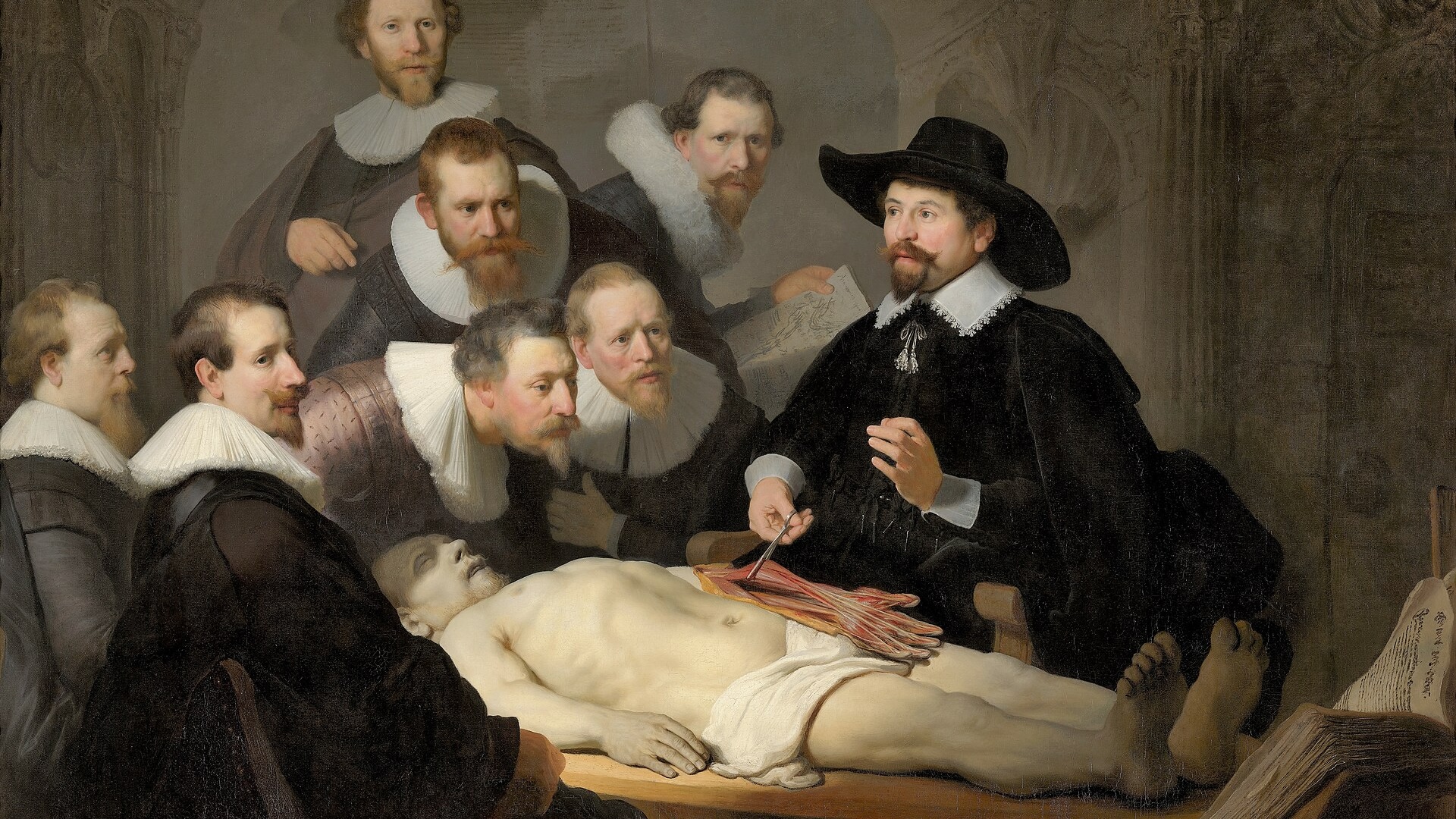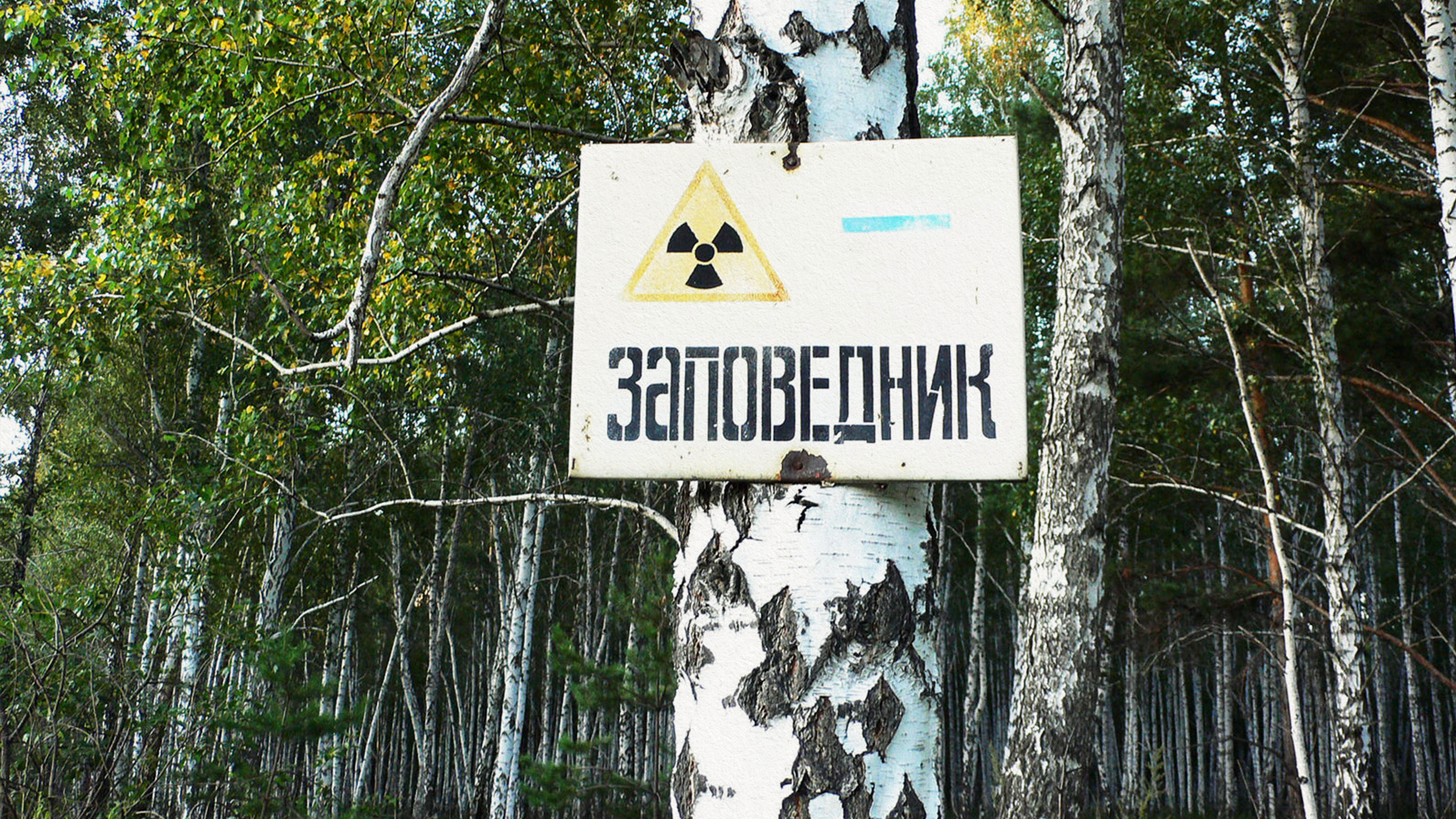As Obama approves offshore drilling, Burt Rutan affirms that the U.S. has centuries’ worth of oil at its disposal, but thinks “it would be kind of cool if we just left ours in the ground and then when Saudi Arabia is out…charge them $1,000 a barrel for it.”
Question: Are there any innovations on the horizon that would help planes greatly reduce their carbon emissions?
rnBurt Rutan: Alternative fuels, well, of course, bio fuel is a terrible thing to do. It doesn’t save the amount of energy that you need to make it and you know think about it. This bio fuel thing, I don’t know how long ago it was. It was in the last decade I guess and when you go out and have farmers instead of making corn and wheat they’re making things for cars. That’s horrible. You kill a lot of people by raising the cost of food and that had no advantage. I don’t see any advantage in bio fuel over carbon based gasoline and oil, no advantage at all. Alternative energies, if we get another order of magnitude of improvement on energy storage, which we might because it hasn’t been that long when we had lead acid batteries and now we have batteries that you can go out and build a light plane with a couple 300 miles of range and that means that you can fill it with any kind of energy. Wind and solar is not useful because it uses way too much land and it doesn’t work all the time. You know it doesn’t work at night. It doesn’t work when it’s calm. I don’t see that as an answer even though right here in my yard I can look out and see 12,000 wind generators. They wouldn’t be there if it weren’t for the incentives because it doesn’t make any sense. I think we may have geothermal, which is unlimited and extremely powerful and we don’t’ have to go down much deeper. In the future I think geothermal might be a real biggie, not from the standpoint of how we’re doing it now. There is a few geothermal plants out there. I’m talking about the big breakthrough that lets go down where it is really hot and then there is unlimited amounts of energy.
rnI don’t see that there is going to be a lot of change in oil because we got a lot of oil. We’re not anywhere near peak oil. What people don’t realize is that they say well gee, we’ve only got so much oil left. The number of years of proven reserves with the technologies that we have, if you look at it now, if you go back a decade, that was actually a smaller number. If you go back a decade the proven reserves was a smaller number of years and when they first started being worried about it they thought my God we’re going to run out right away. Well they didn’t include the fact that humans have intelligence and they can invent ways of going after it and you know you wouldn’t have thought of going after you know the tar sands and so on, but now you can show that you can do it as cheaply, i.e., affordably, i.e., it will be done because it’s driven by the market. So we are hundreds of years away from the time at which oil prices will go way up because we really are getting short. So I don’t see a need for alternatives. I’m not saying we shouldn’t have alternative fuels. I mean my house here is getting to the point where it is affordable and it will all be solar and wind and I won’t have any energy costs. I don’t have gas or propane here. I have only electricity, so that I’ll probably change that over and it is efficient to do it pretty quick now, mainly because of the incentives and so on, but I don’t see that as a big driver, something that we should do right away. There is no reason to do it. When oil does get expensive and I’m talking about generically expensive, not artificially expensive because some politics of OPEC or whatever, certainly the way to make oil much cheaper, almost immediately, I’m saying within a decade is for us to use our own and I haven’t been a big fan of us using all our own because I think it would be kind of cool if we just left ours in the ground and then when Saudi Arabia is out we’ll charge them $1,000 a barrel for it. That would be cool. So I don’t see a need for us to go out and drill, but the thing is do we have a lot? Yeah, we have you know several hundred years at least, maybe more if you count the tar sands.
rnQuestion: How have your previous aviation projects impacted the industry?
rnBurt Rutan: That was a question that was hard to answer when we did the Voyager flight in 1986. In other words, you’ve done this thing that looks like a breakthrough because it is a milestone because the earth is this big. You took off with a full airplane. You went all the way around. You made it back and it was important technically because the longest flight non-refueled before that was half way around, so we didn’t make a 5 percent or a 10 percent or a 20 percent increase. Usually breakthroughs give you that kind of things. We did a factor of two percent increase. Now we did it by some things that you can say are breakthroughs, but really they are extremely optimized use of known technologies. I built a structural weight fraction that was way… In other words, the weight of the structure of the airplane compared to the takeoff weight I made a huge change on that over any other airplane and I did it on an airplane that had very long slender wings, which meant it had a very high lift to drag ratio. In other words, an efficient aerodynamics, but I used a propeller that was pretty much off the shelf. I used an engine that was pretty much off the shelf, so I didn’t have propulsion breakthroughs. I had structural and aerodynamic breakthroughs and it just shows you how little optimized research goes on with the development of airplanes because there isn’t competition. There isn’t a need to go out and try new stuff. That is why we have the same basic airliners that we’ve always had. Excuse me, not always. That we’ve had since the jetliners in the late ‘50s is there hasn’t been a need. In other words, gee Boeing unless you really reach out and have a breakthrough you’re going to be out of business you know. Well, it wasn’t true for Douglas. They got bought up, but you know Lockheed jumped out of it.
rnI don’t think there was anything about Voyager that really made a big difference for the future. Some people will say well, wait a minute Burt, you’ve got airplanes now that are half composites and when the Voyager flew the most amount of composites in an airliner was like 5 percent. Now it’s 45 percent you know with an Airbus or maybe 55 percent with a 787, so I don’t really claim though that what I did with Voyager is what made the airliners go to composites. They were on their way to do that for much more important reasons than what Burt Rutan did with Voyager.
rnRecorded on January 25, 2010





